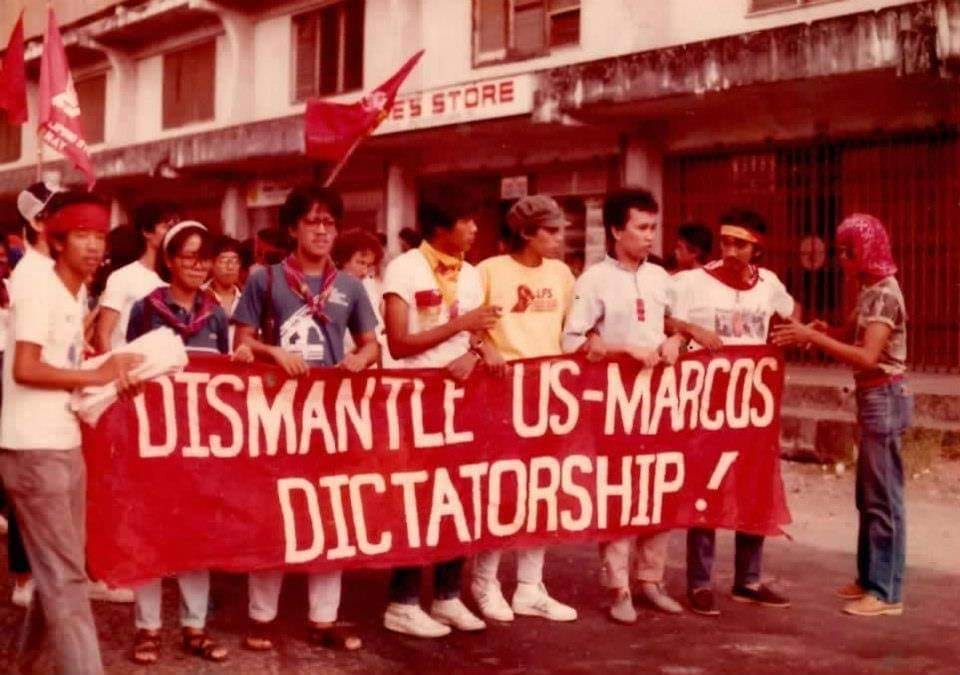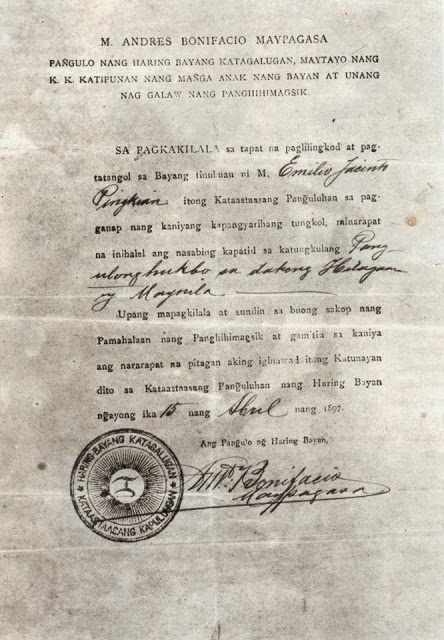WE FOUGHT BACK, FROM DAY 1 TO DAY 4,904. Sorry if this sounds too blunt and insensitive, but when I’m asked about my worst memories of martial law—the raids and arrests, the salvage and massacre cases, the anguish of people looking for their missing loved ones, the torture and trauma, etc.—I tend to push them down into the background, into the subconscious.
Continue reading “We fought back”De guerres, de plumes and other pseudonyms
In the face of growing indications of martial law looming in the horizon, a Facebook friend posted the following question: “If things reach a point where [dissenters] will have need for an alias, what will be your alias and why?” Continue reading “De guerres, de plumes and other pseudonyms”
Lessons from the underground press of the martial law era
“Freedom of the press is guaranteed only to those who own one.”
That quote might be a startling, almost cynical take on the meaning of press freedom. But it was a respected American journalist, A.J. Liebling, who coined the now-famous aphorism. The terse statement was supposed to emphasize the harsh realities of capitalist ownership behind the noble expectation that journalists freely exercise their right, nay, fulfill their duty, to always provide the public with honest information and informed opinion.
In any case, little did Filipinos realize just how painfully that saying would apply to them on September 23, 1972. On that fateful Saturday morning, we all woke up to find no newspapers delivered to our doorsteps or sold on the sidewalks. We twiddled our radio sets (in my case, set just right beside my pillow, the better to hear the early morning news), asking with great puzzlement why they only emitted static noise on that morning.
Continue reading “Lessons from the underground press of the martial law era”



